Endogenous depression is classified as a major depressive disorder, a mood disorder characterised by persistent and intense feelings of sadness that can last for extended periods of time.
Psychology differentiates two types of depression: endogenous (causes from within the person) and exogenous (causes relate to external events in a person’s life).
Understanding Endogenous Depression
It is thought of as a type of depression in which there are no external changes that trigger the problem.
Instead, endogenous depression is understood to be caused by internal physiological changes, these are thought to sometimes be associated with a genetic and hereditary factor.
Related: Is Depression More Than Just Sadness? Exploring The Hidden Symptom Of Anhedonia: A Loss Of Pleasure
Causes of Endogenous Depression
The causes of this type of depression, in general, are thought of as relating to chemical alterations in the brain. That is, changes that produce emotional disorders without the environment coming into play.
In endogenous depression, the production of endorphins, the hormones and neurotransmitters responsible for sensations of pleasure, become blocked. In exogenous depression, serotonin and neurotransmitters stop working.
- It is helpful to consider; to what degree might events be responsible for the depressive episode?
- When a depression has become long-standing it can become part of the identity of the sufferer. We can stop thinking about where the depression began and instead treat it as though it is a fact of the person that cannot be argued with.
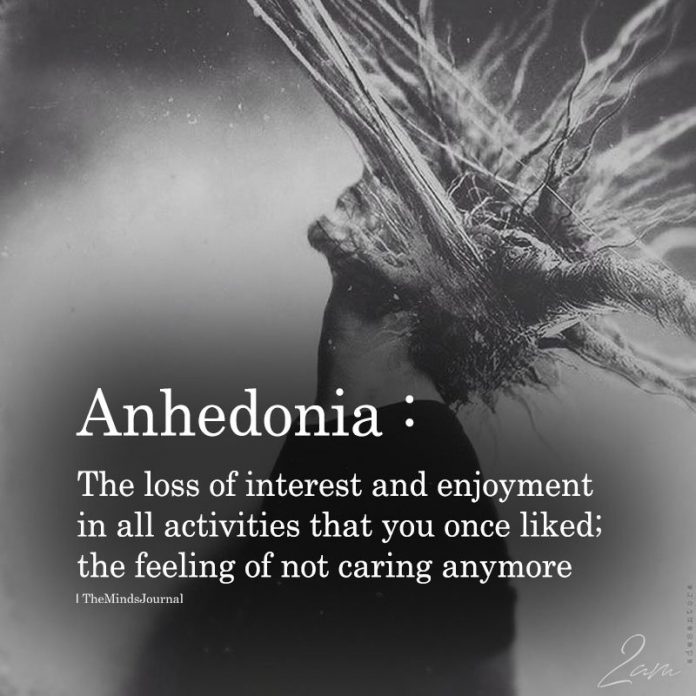
Understanding where Endogenous Depression began
In my work, it is often the case that people can date when their depression began.
This suggests that there is more to this than chemicals and hormone imbalances, though of course, they are a significant part of the person’s experience.
I am interested in the possibility that we might be able to find out more about the events that occurred at the same time that the depressed mood became identifiable.
Once a depression has started it triggers the production of hormones that are associated with stress and low mood. It becomes a kind of self-fulfilling system. Feeling sad leads to an increase in cortisol, so stress increases.
But when we consider the coinciding of events with the development of the mood. Then we may start to gain access to levers of change. This might mean that depression and depressive episodes remain things that people have to live with.
But there might be an increase in insight, into what the depression relates to. These kinds of insights can be productive and help to lift the mood.
Did Shakespeare’s Hamlet have endogenous depression?
Hamlet suffers from bereavement, his father has died, and his mother has taken a new husband. The court has moved on and Hamlet is supposed to adapt. He can’t. To this is added his father’s ghost who wants vengeance.
Hamlet is tortured by what his father’s ghost tells him and lives within the court trying to work out what to do.
He disguises his state of mind by claiming he has a type of depression. But the audience that this is only part of the story. It is events that have affected his mind.
Related: A Life Without Pleasure: The Pain of Anhedonia
The Contexts of Endogenous Depression
Thankfully we are not characters in plays, but it can sometimes feel like we are. In my experience, if we can find out more about the contexts, the events that have triggered our moods we may be able to find ways to escape from some of the symptoms of our moods.
What we are able to change will be particular to each of us. But this is the challenge; how do we start to find the strength, the courage, and so forth to keep trying to find better ways to live?
Psychotherapy and counselling may be good places to start our enquiries into the moods that we experience.
Symptoms of endogenous depression
What is thought to most characterise endogenous depression is that the symptoms that occur do so without apparent explanation to the person.
Symptoms may include:
- Feeling empty and perhaps indifferent to relationships.
- Having constant mood swings.
- Problems with sleep and a loss of energy.
- Struggle to concentrate and with decisioin making.
- Increase in irritabiliity.
- Lack of motivation.
- Loss Possibly being more emotional, sometimes crying for no apparent reason.
How does a person with endogenous depression feel?
“I have of late—but wherefore I know not—lost all my mirth, forgone all custom of exercises, and indeed it goes so heavily with my disposition that this goodly frame, the earth, seems to me a sterile promontory; this most excellent canopy, the air—look you, this brave o’erhanging firmament, this majestical roof fretted with golden fire—why, it appears no other thing to me than a foul and pestilent congregation of vapors.” – Hamlet, Act 2, Scene 2, Shakespeare
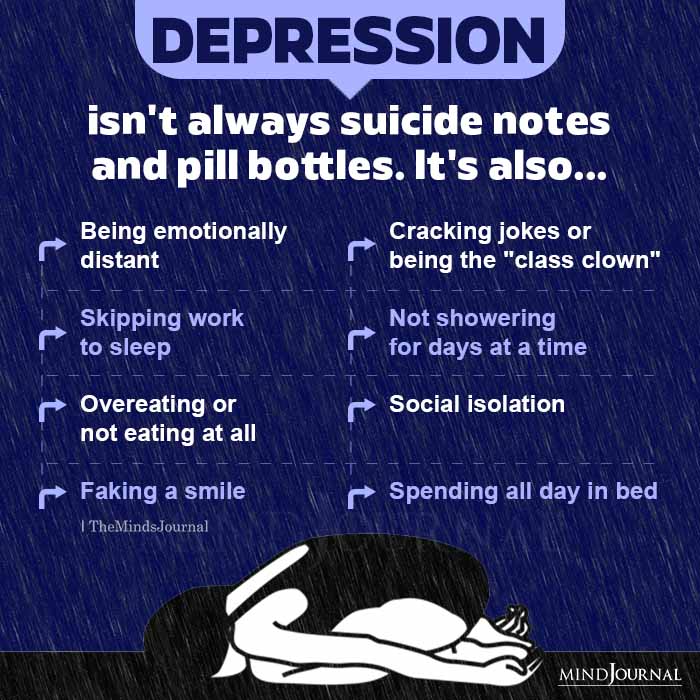
The Emotional Emptiness of Endogenous Depression
People with this type of depression can feel an increase in guilt, partly because they are having problems understanding what is happening to them.
Some sufferers may feel a sense of emotional emptiness and intense sadness. Nothing offers pleasure. They might start to feel that they are to blame for the constant low mood.
This creates a kind of sealed system in which low mood and despondency trigger more low mood and despondency. So the depression deepens, just like a low-pressure meteorological system builds up, increasing in power as it does so.
The rain and winds of unhappiness blow without anything to protect the person. Their depression prevents them from seeing clearly how to get out of the state they are in.
Somehow an attempt has to be made to break the idea that the person is to blame for their low mood. This isn’t necessarily a simple task. It takes time, patience and commitment to work on these kinds of problems.
Related: Living With Dysthymia: How To Deal With This Persistent Depressive Disorder
Treating Endogenous Depression
Treatments might combine a medical, pharmaceutical element; the prescription of anti-depressant medication, and a talking therapy.
In combination, these treatments can lead to greater understanding and insight; to breaks in the otherwise constant heavy weather.
Written By Toby Ingham Originally Appeared On Toby Ingham
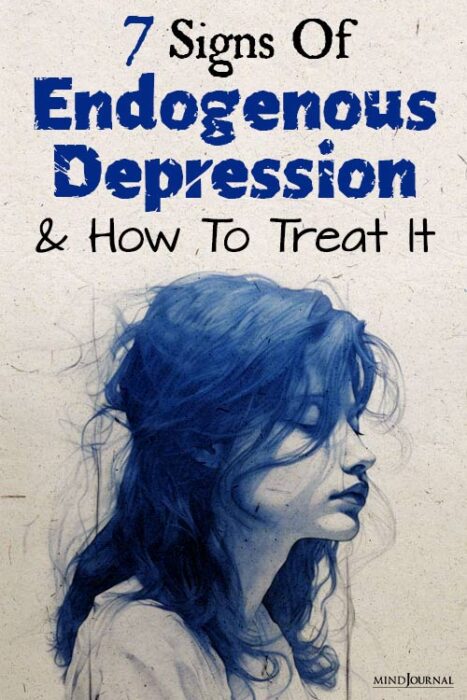
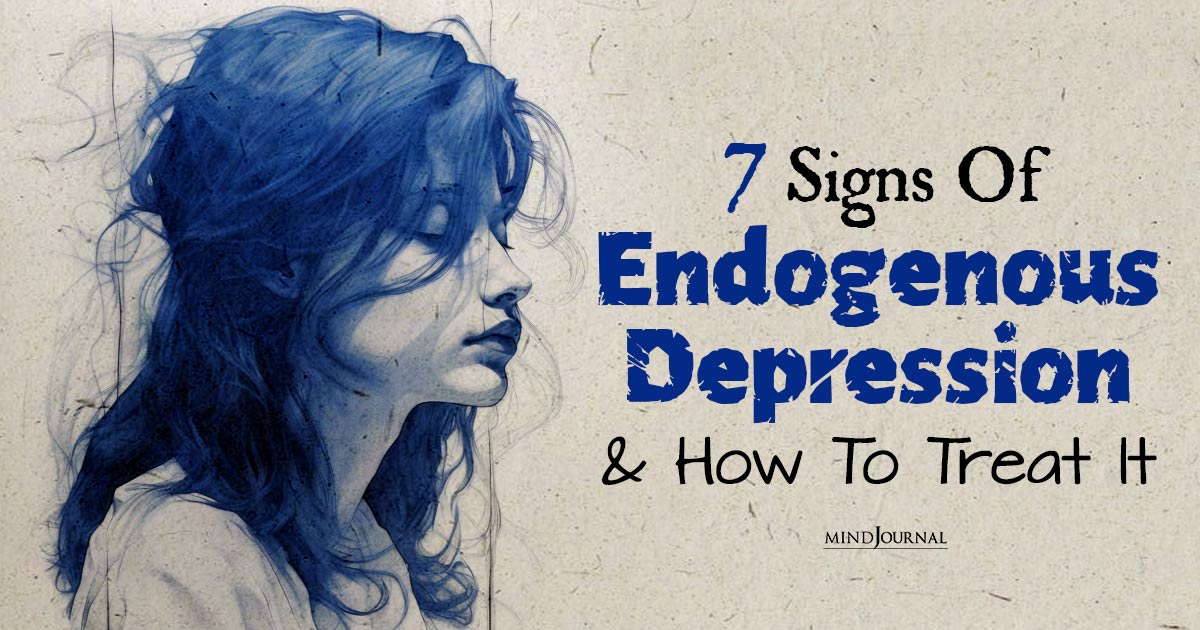





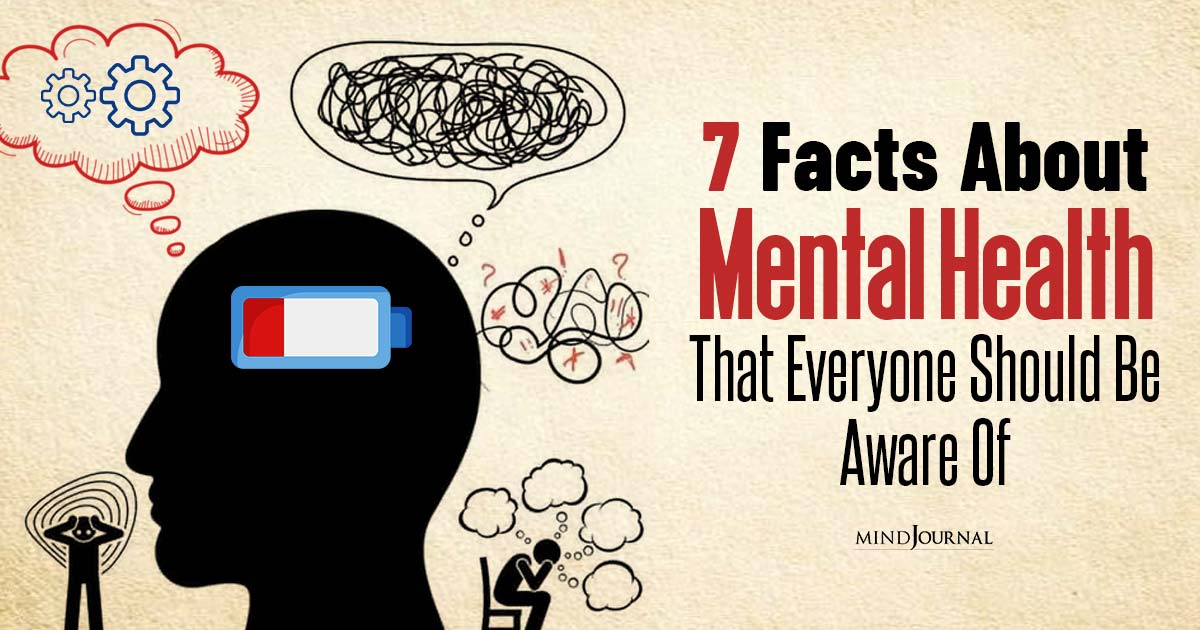

Leave a Reply
You must be logged in to post a comment.